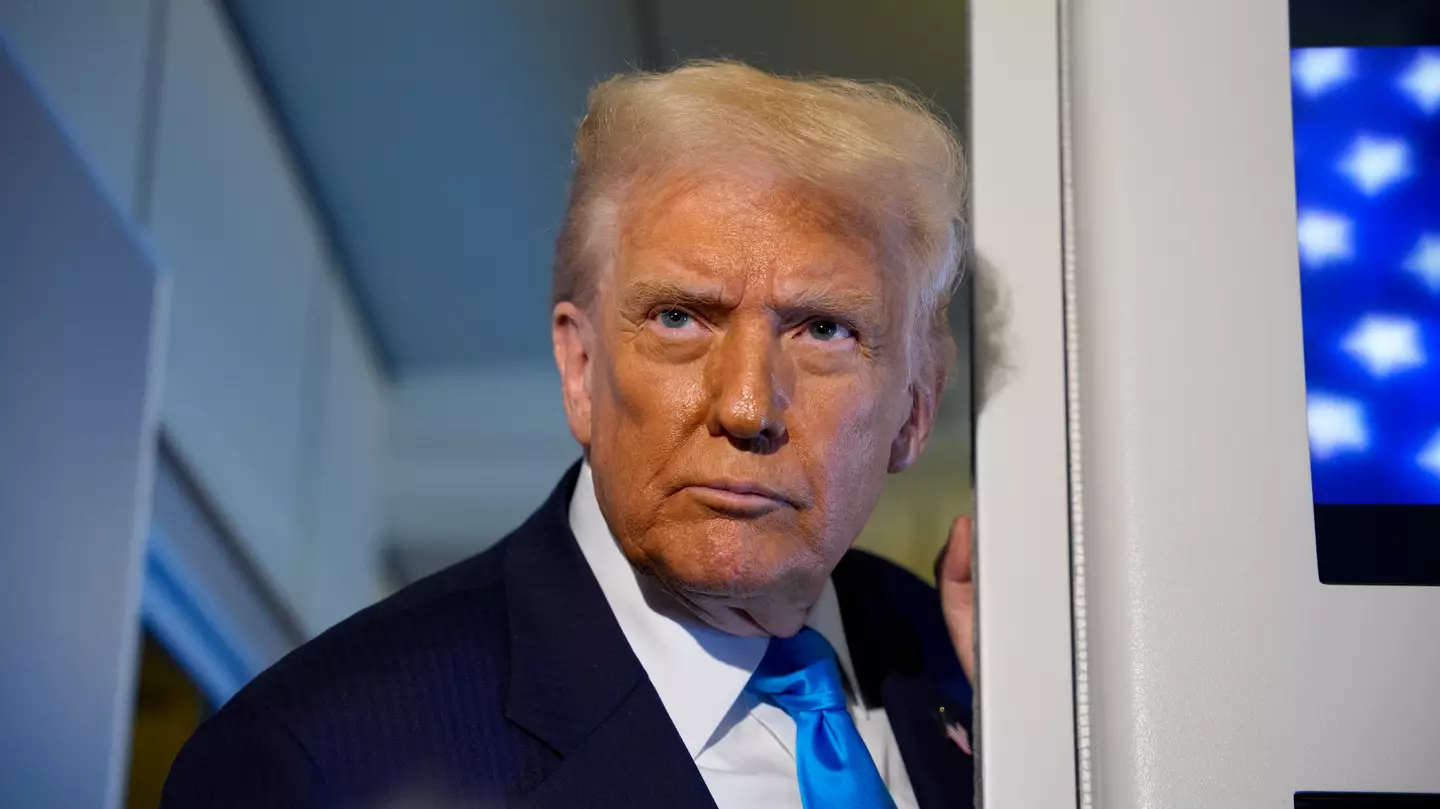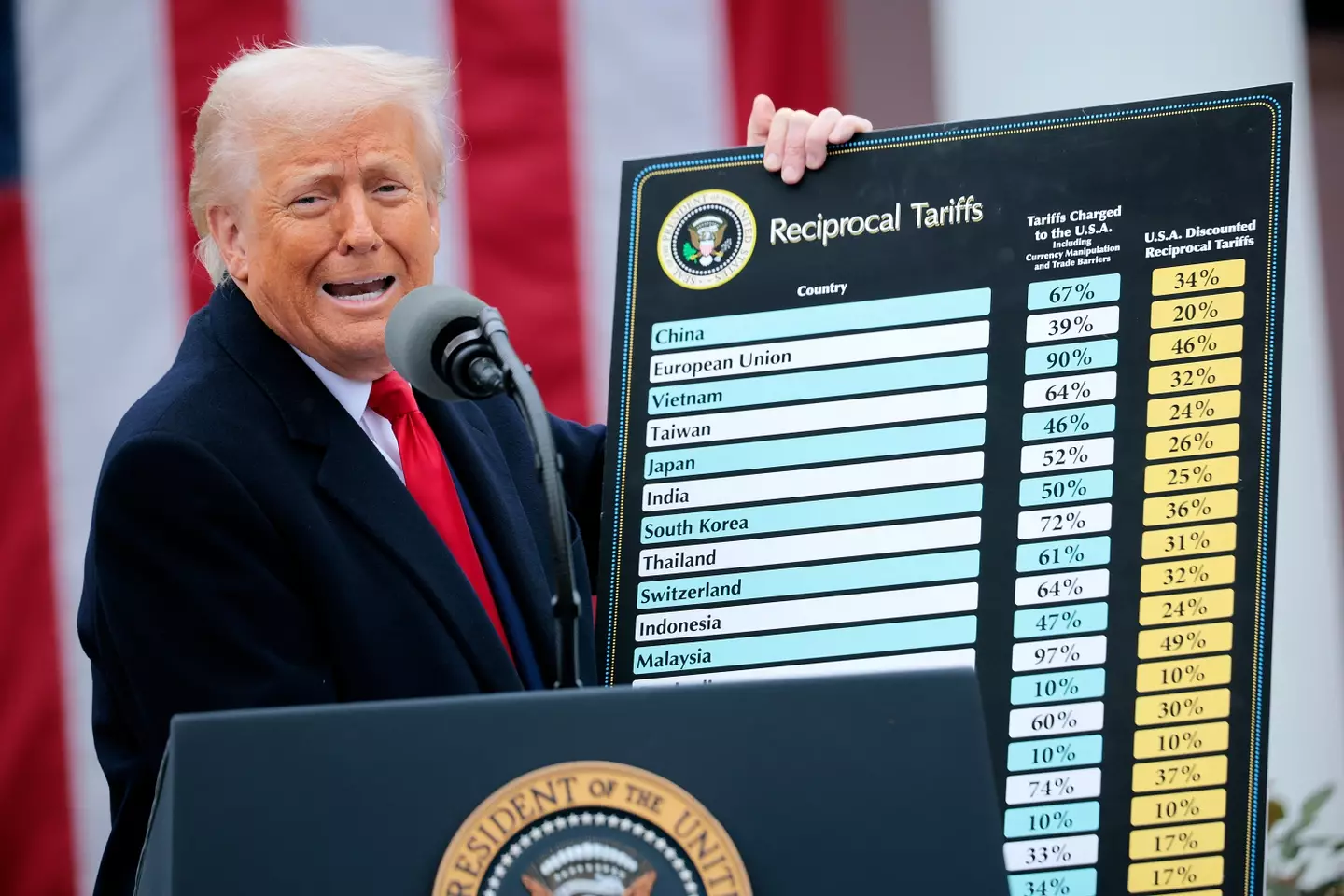The Senate has voted to 'strip' Donald Trump of his tariff powers as it takes a stand against the president's reciprocal tariffs imposed on more than 100 countries earlier this year.
The joint resolution, which was introduced by Oregon Senator Ron Wyden, seeks to end 'the national emergency declared to impose global tariffs' last April - a move Wyden dubbed 'Liberation Day'.
The Senate approved the measure in a 51–47 vote, with Republicans Rand Paul, Mitch McConnell, Lisa Murkowski, and Susan Collins joining Democrats to pass the resolution.
Sharing the announcement on social media, Wyden hailed the outcome on Twitter as a 'huge win,' saying it 'shows how unpopular Trump’s tariffs really are'.
He also called on House Speaker Mike Johnson to 'end his six-week vacation and bring this to a vote in the House'.
Trump has just been 'stripped' of his tariff powers by the Senate (Chip Somodevilla/Getty Images) 'Trump’s grip on his own party is cracking in real time'
Many other notable figures have since rushed to share their reactions.
Podcaster Brian Allen remarked that 'Trump’s grip on his own party is cracking in real time,' while political commentator Ed Krassenstein noted that 'some Republicans still care about the separation of powers'.
Democratic Wins praised: "This is amazing."
Political commentator Ed Krassenstein said 'some Republicans still care about the separation of powers'.
Another Twitter user celebrated it as a 'win for the Constitution' and 'for the values of co-equal branches of government'.
Still, such celebrations may be premature as the Republican-controlled House passed a rule a few months back in March that blocks any vote on ending Trump’s national emergency - the very mechanism that allowed him to impose the tariffs in the first place.
What actually are tariffs?
Tariffs raise the cost of imported goods, meaning US consumers often end up paying more.
Small businesses in particular have reported increased costs and uncertainty because supply chains are global and rely on inputs from abroad, and tariffs disrupt that.
Earlier this year, Trump declared through the International Emergency Economic Powers Act that he would enact a base 10 percent tariff on countries across the globe.
In his executive order, he argued at the time that 'national emergency arising from conditions reflected in large and persistent annual US goods trade deficits' was a reason to pull the trigger on the tariffs.
Since then, senators have criticised the tariffs and made moves to put an end to his usage of emergency powers throughout the year.
Trump, meanwhile, has argued that the US has been 'exploited 'by foreign countries for far too long and that such aggressive protectionist policies will benefit US workers and consumers.

 Rhiannon Ingle
Rhiannon Ingle